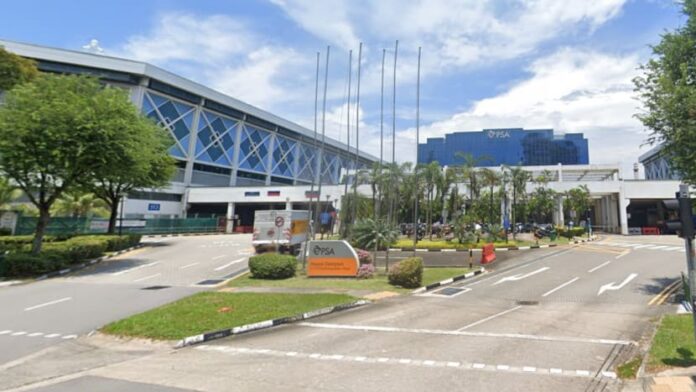SINGAPORE: The Competition and Consumer Commission of Singapore (CCCS) said on Wednesday (March 16) that it had issued Proposed Infringement Decisions (PIDs) over Keppel Logistics Park pricing to four warehouse operators.
The four companies are CNL Logistic Solutions, Gilmon Transportation & Warehousing, Penanshin (PSA KD) and Mac-Nels (KD) Terminal.
The competition watchdog said it had “engaged in anti-competitive coordination to fix prices for warehousing services at Keppel’s distribution centres” by imposing what it called a “free zone surcharge”. The CCCS added that this violated the Competition Act.
A PID is a written notice setting out the facts of the CCCS assessment and the reasons for its recommended decision.
It is issued to parties to assist them in making their representation and to provide any other information to support their representation for consideration.
In August 2018, CCCS opened an investigation after receiving complaints about possible price fixing at Keppel Distripark, a cargo distribution centre on Kampong Bahru Road.
The investigation found that between June 15 and June 16, 2017, representatives of the four operators communicated about their plans to implement a “free trade zone surcharge” with the same name and price.
This is the fee charged to its customers to provide warehousing services for imported goods.
In doing so, the competition watchdog said they deliberately replaced actual cooperation between them with the risk of price competition and did not set prices independently.
According to the survey, the pricing took place from June 15, 2017 to November 19, 2019.
CCCS said it believes pricing events are harmful to competition, adding that businesses should independently determine their prices or pricing strategies, including whether to impose any surcharges and the amount of such surcharges.
Operators, including those applying for leniency under the CCCS leniency scheme, lodge an appeal with the competition regulator within six weeks of receiving the decision.
“CCCS will carefully consider these statements and all available information and evidence before making a decision,” it said.
The CCCS leniency program grants leniency to businesses that are part of a cartel agreement or collaborative practice (or trade associations that participate in or facilitate cartels) when they provide CCCS with information about their cartel activities.
Such businesses are encouraged to come forward and inform CCCS of cartel activity – which, according to the competition watchdog, exceeds the policy objective of imposing financial penalties on participants in such cartels.
Subject to leniency conditions, businesses can be granted full immunity or a reduction of up to 100% or 50% of the financial penalty, depending on whether CCCS has opened an investigation and when leniency is applied.






